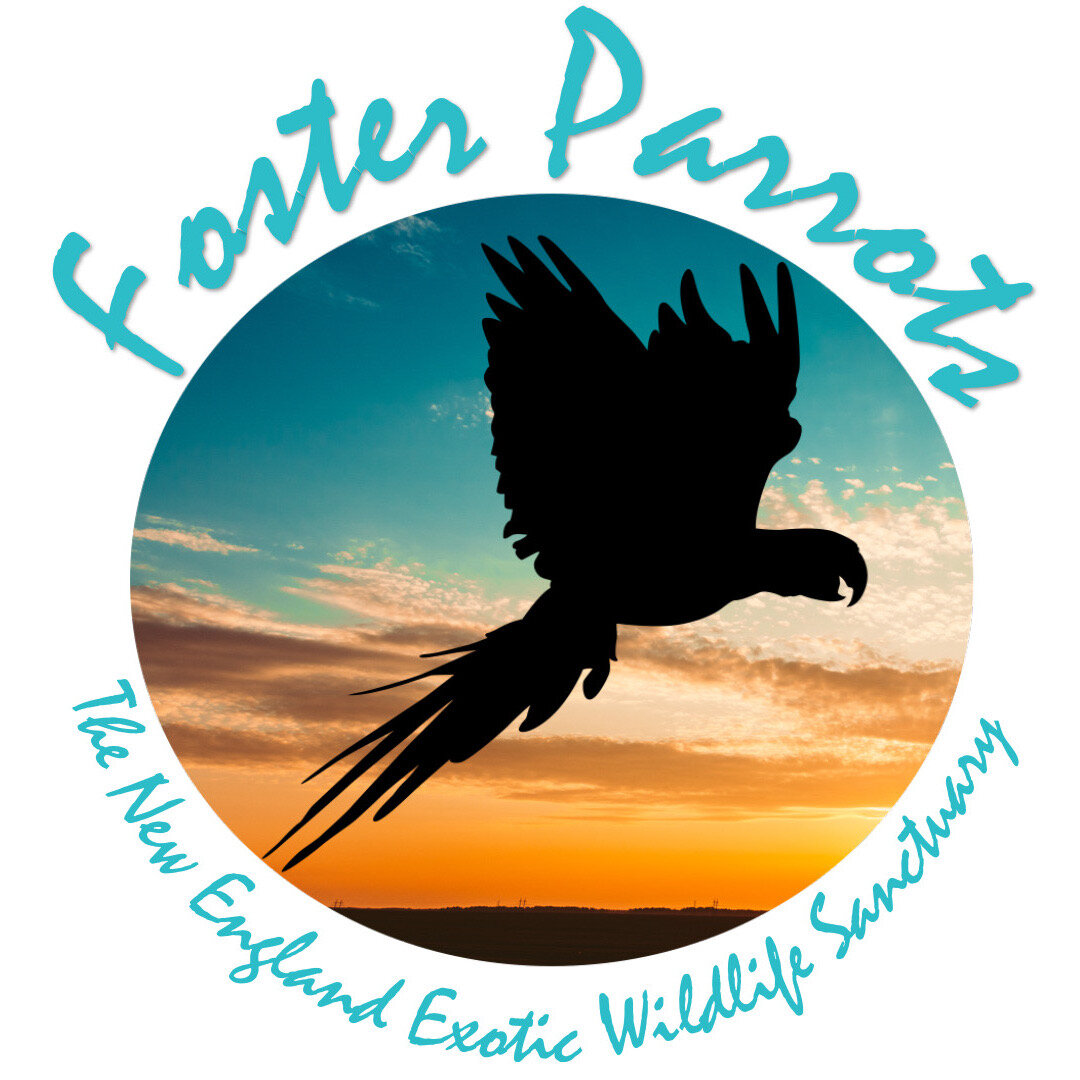With a decade of experience and unprecedented success breeding and releasing macaws in Costa Rica, the core team formerly with the Ara Project is embarking on an exciting new mission. With passion and renewed enthusiasm they are launching a new organization, “Macaw Conservation Costa Rica” (MCCR) and an ambitious new goal in Costa Rica: The Pacific Coast Macaw Corridor.
In collaboration with U.S. based non-profit organizations, Kerulos Center (Oregon), and Foster Parrots, Ltd. (Rhode Island), MCCR’s Central facility will offer “Aves Sagradas”, a permanent sanctuary facility for disabled or otherwise un-releasable parrots. This program will provide a refuge and a lifetime of quality care for retired breeders, former “pet” parrots who are not candidates for release, and disabled wild or elderly birds who need peace and permanence.
Educational programs that garner the participation of local communities are essential to any conservation effort. MCCR conservation education initiatives will draw in local communities, school groups and field interns, broadening interest and helping to cultivate that sense of personal responsibility and involvement that will ensure the success of macaws and habitat protection efforts in Costa Rica.
MCCR’s most ambitious goal, the Pacific Coast Macaw Corridor, will work to establish a series of release and research sites spanning Costa Rica’s Pacific coast. These sites will begin to link otherwise isolated macaw populations, creating a system of protected habitat that will not only enable wild macaws to flourish, but will also offer protection for other key Costa Rican species. Macaws are a great representative species to promote the protection of entire ecosystems and their inhabitants.
Habitat destruction and poaching continue to pose major threats to the success of wild macaws in Costa Rica. Your support for MCCR can help change everything! Please consider supporting this essential work by making a donation to Hatched to Fly Free.
Carrying on in the tradition of project founders, Margot and Richard Frisius and Marti Everett, HTFF Director, Chris Castles, emphasizes the importance of passion and respect in conservation work, and the essential connections of the heart that nurture each and every macaw. “It’s not about how many macaws we can breed and release; it’s about making every individual count.”






